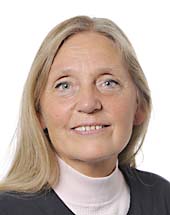
Choisissez la langue de votre document :
- bg - български
- es - español
- cs - čeština
- da - dansk
- de - Deutsch
- et - eesti keel
- el - ελληνικά
- en - English
- fr - français
- ga - Gaeilge
- hr - hrvatski
- it - italiano
- lv - latviešu valoda
- lt - lietuvių kalba
- hu - magyar
- mt - Malti
- nl - Nederlands
- pl - polski
- pt - português
- ro - română
- sk - slovenčina
- sl - slovenščina
- fi - suomi
- sv - svenska
|
| Proċedura : 2009/2103(INI) |
| Ċiklu relatat mad-dokument : A7-0121/2010 | ||||||
Testi mressqa : A7-0121/2010 | Dibattiti : PV 05/05/2010 - 24CRE 05/05/2010 - 24 | Votazzjonijiet : PV 06/05/2010 - 7.6Spjegazzjoni tal-votazzjoni Spjegazzjoni tal-votazzjoni | Testi adottati : P7_TA(2010)0152 | |||
| Rapporti verbatim tad-dibattiti | |
| L-Erbgħa, 5 ta' Mejju 2010 - Brussell | Edizzjoni riveduta |
|
| Avviż legali - Politika tal-privatezza |





















